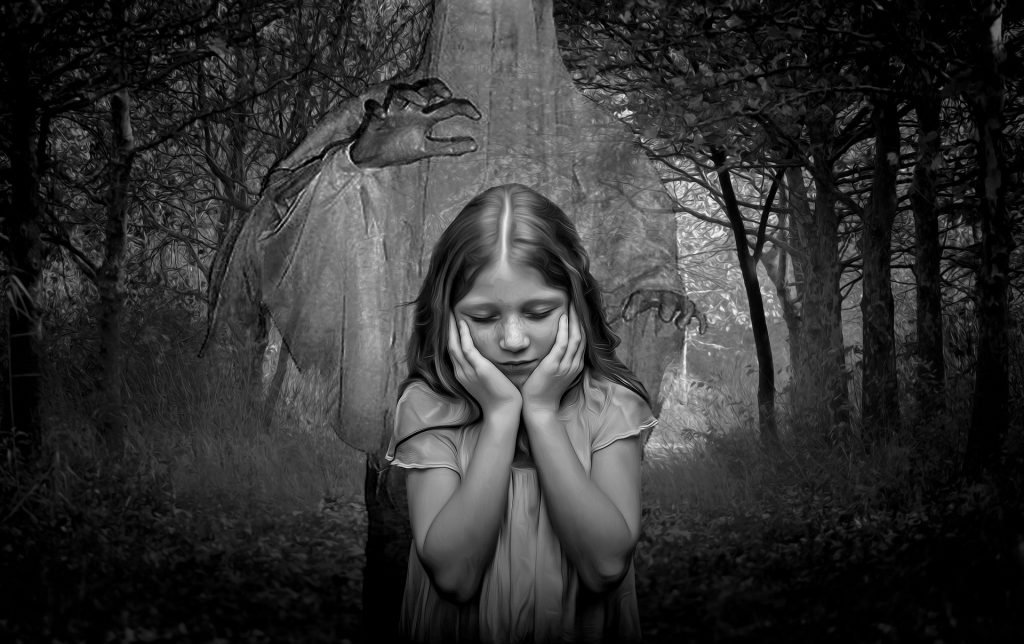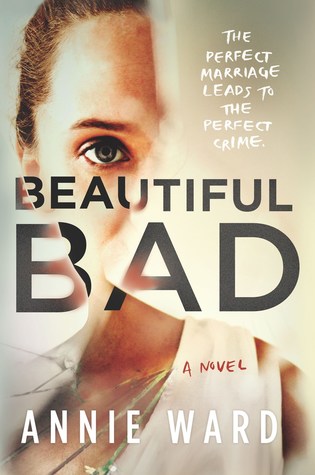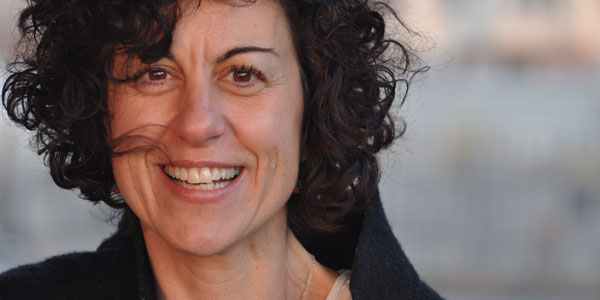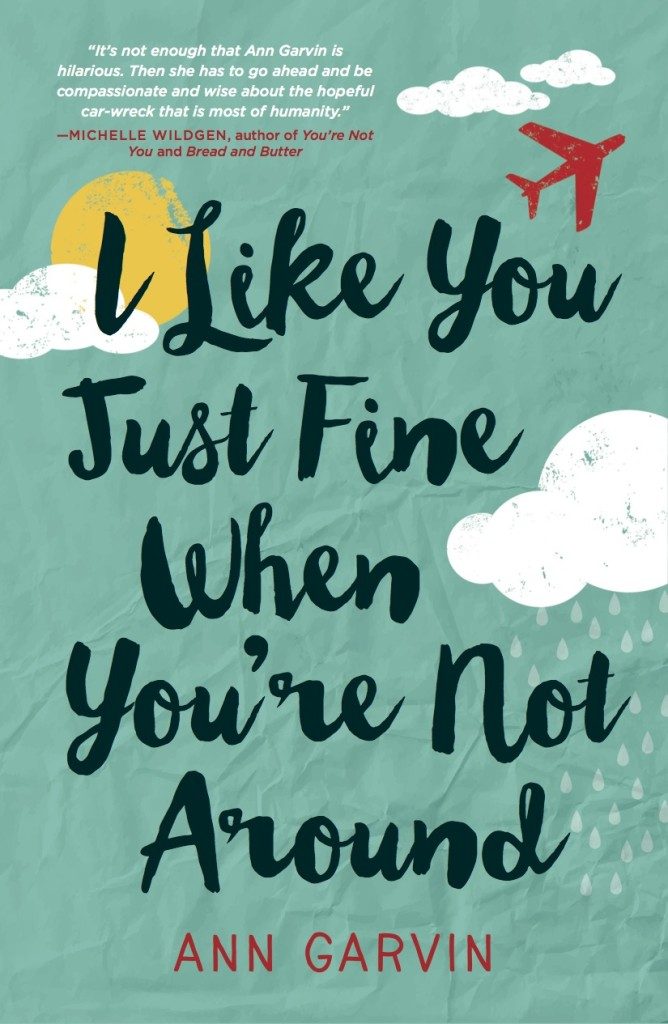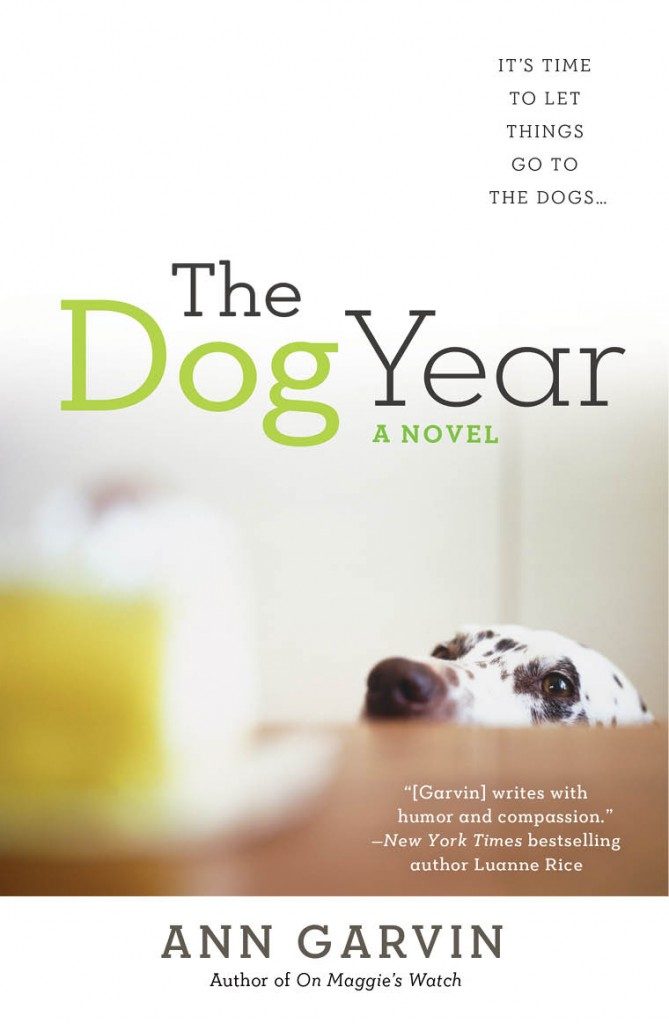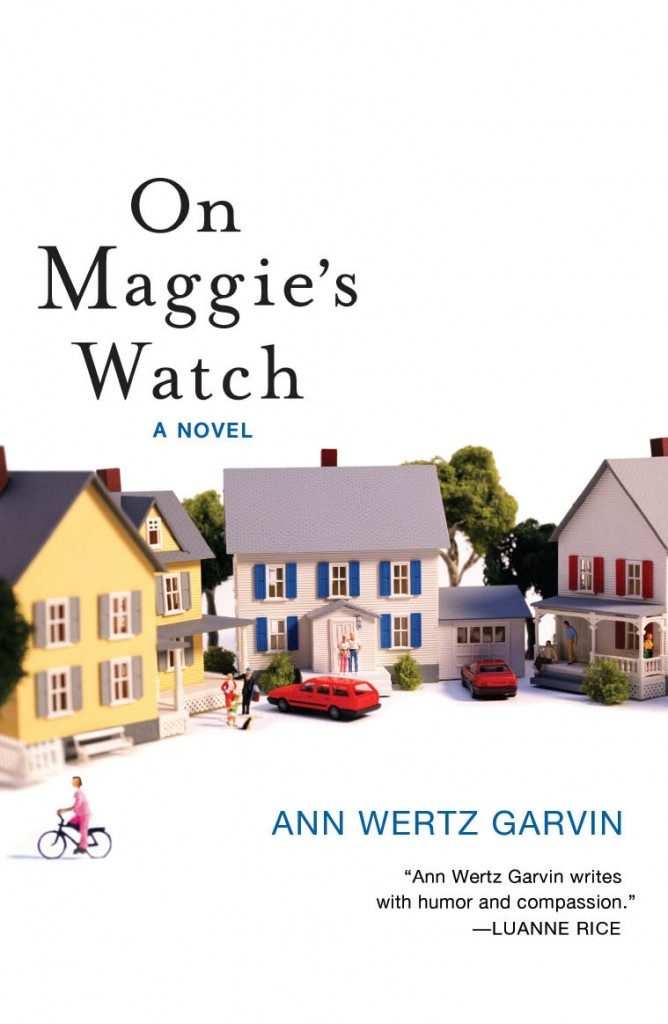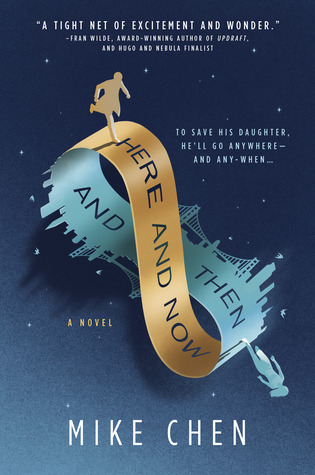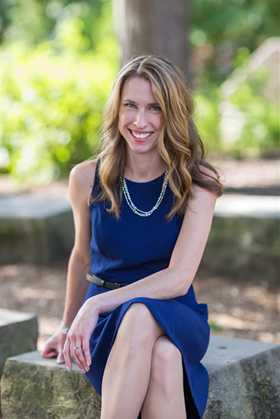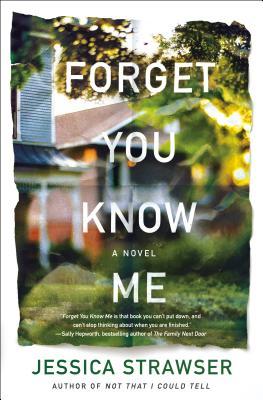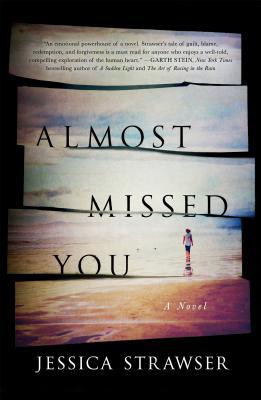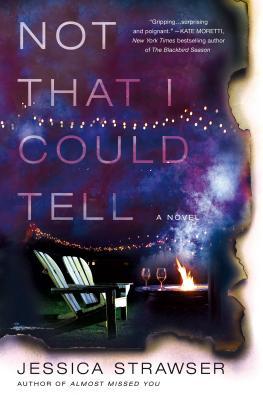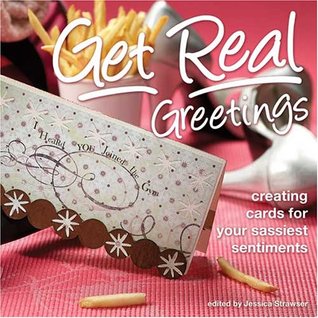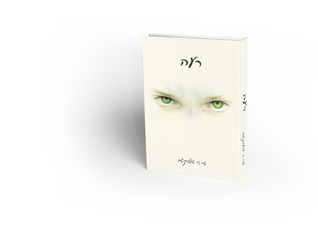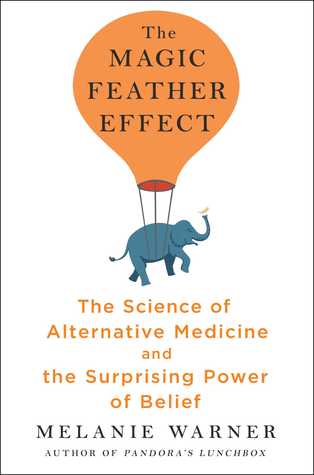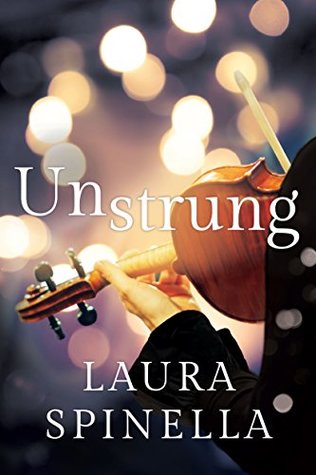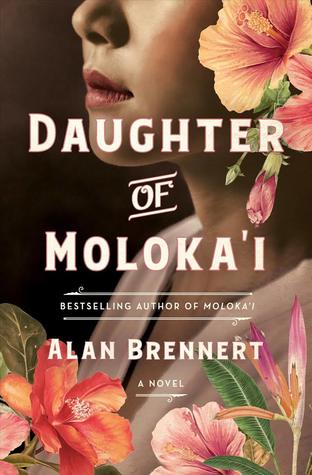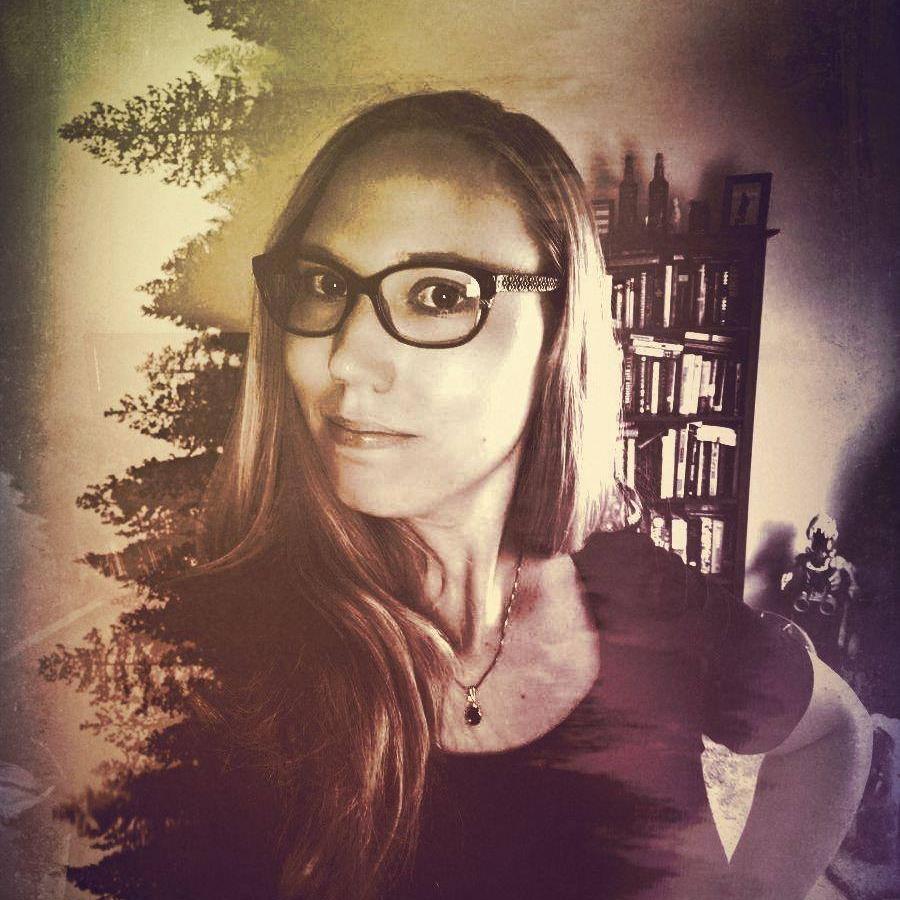
Tell me about your writing process, including schedule, environment, and inspirations material and abstract.
Now that I’m a student, I write mostly during spring and summer breaks. I call these my “on” periods. During my “on” periods, I have a rigid schedule: work, gym, dinner, 1 hour writing, and then 1 hour reading (though, I often read for longer). During my “off” periods, I’ve been trying to introduce a simple 500 words a day to maintain momentum without interfering with my school work.
As for environment, I write in my bedroom on my laptop while sitting on my bed. I know, super classy. I live in a small apartment, so there’s not a lot of options, and this is the most comfortable spot to me.
I find my inspiration from everywhere, but my favorite source of inspiration is real life. I read a lot of news, history, mythology, and true life stories—and when I read these I get ideas for stories. It might just be from a person’s or town’s name, or maybe the local lore of a lake. I find that stuff to be a goldmine of inspiration. For example, I read about an ancient underground city that went seven floors deep that was discovered in the middle east. From that I built a fantasy story of a hidden magical city under San Diego.
Walk me through creating and maintaining Writing Bad.
When I first created Writing Bad, I did so because I was tired of the
pretentious belittling I’d see in other writing groups. I would see more
developed writers just tearing the newbies apart limb to limb,
destroying their self-esteem, and it pissed me off. I wanted to create a
group where everybody felt welcome to share their writing, regardless
of their skill level. I wanted to ensure we branded the group properly.
The colors were black and white, the atmosphere friendly, chill, laid
back, edgy cool, with a bite. We weren’t afraid of profanity, and we
didn’t censor. We allowed freedom of expression. That was what separated
us, and what separates us. The first year I spent every hour checking
in on the group. I have had to shift through some admins, though my lead
admin Samantha has remained loyal and reliable (couldn’t have done it
without her), until we finally reached today’s team. I’m not as involved
today as I used to be, or as I’d like to be, but the group has
continued to flourish and grow. It’s beautiful to see what it’s become.
Talk about your support system IRL and online—who are your biggest cheerleaders?
My biggest support system would be my boyfriend and my lead admin & friend Samantha.
How have life experiences prepared you for writing and how does your art influence your life?
Hmm…I’m just going to say it’s been a journey. A long, crazy journey.
What do you love most about your creativity?
I love that my creativity allows me to see outside the box. I love to
read, and I read so many different things. I’m not the type that only
reads something that is in line with their beliefs—rather, I enjoy
challenging my beliefs. I enjoy challenging the limits. I love reading
fiction, nonfiction, politics, science, history, and more. I honestly
just love to learn, and the more I learn, the more I love to share what I
learn.
Connect with Jade:
